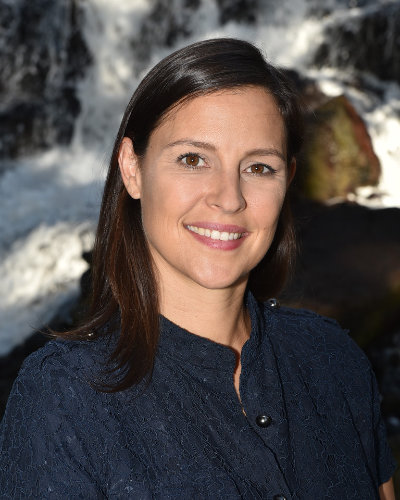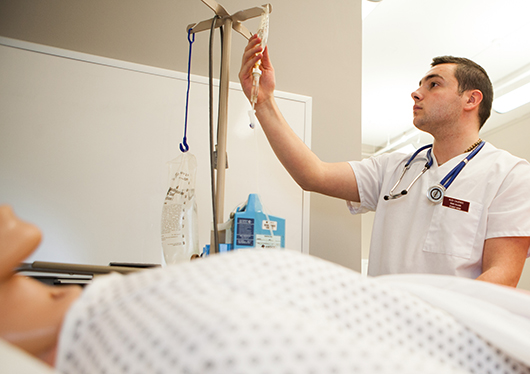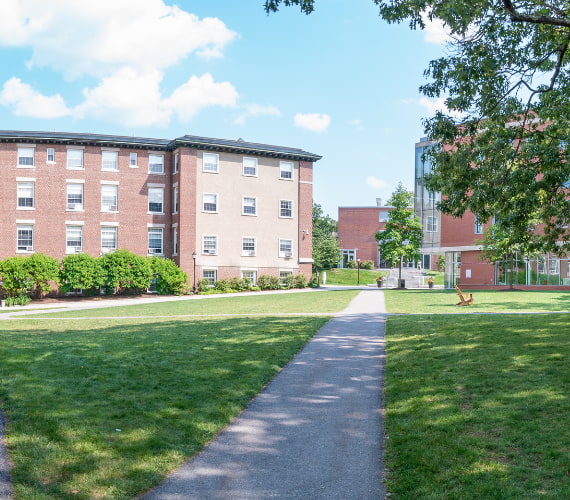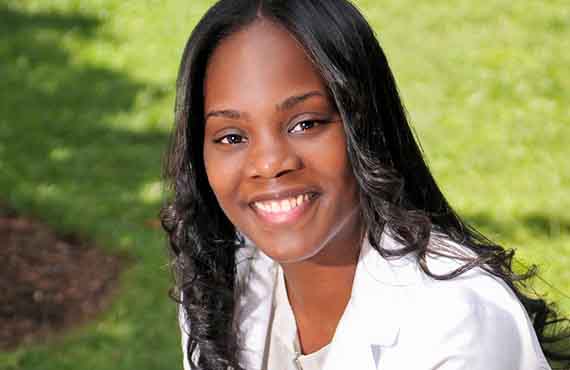Responding to Spikes in COVID and Nursing Shortages in Hawaii, Laura Reichhardt Prompted the State to Waive Licensure Requirements for new Graduates
 “If we had a COVID surge, where would we get our nurses from?” This was the most pressing question on the mind of Laura Reichhardt, MS, AGPCNP, RN, Director of the Hawaii State Center for Nursing. Recognizing the unique geographic, economic and demographic challenges in her adopted state, the Arizona native developed the Governor’s Emergency Proclamation, waiving licensure requirements for new AD, BS and NP-DNP graduates. “We cannot undermine and undercut our ability to respond and new grads are necessary,” she explains to Regis Assistant Professor Lawana Brown.
“If we had a COVID surge, where would we get our nurses from?” This was the most pressing question on the mind of Laura Reichhardt, MS, AGPCNP, RN, Director of the Hawaii State Center for Nursing. Recognizing the unique geographic, economic and demographic challenges in her adopted state, the Arizona native developed the Governor’s Emergency Proclamation, waiving licensure requirements for new AD, BS and NP-DNP graduates. “We cannot undermine and undercut our ability to respond and new grads are necessary,” she explains to Regis Assistant Professor Lawana Brown.
The realization prompted Reichhardt to think in broader terms about some of the exam’s side effects. “I don’t think we can ignore the systemic barriers that are created for accessing your nursing career once you have successfully graduated,” she reflected. “We have the more advantaged communities in our state becoming nurses. We do not have enough nurses who are native Hawaiian, Pacific Island, more recent immigrant groups,” populations for whom the profession “has a bright future. Nursing can get you out of poverty… nursing is a pathway forward.”
As someone who says “I live and die by the nursing process,” Reichhardt might seem like an unlikely disrupter. Yet she wound up on Johnson and Johnson in their article “Meet 15 Nurses who Disrupted Healthcare through the COVID-19 Pandemic.” for using her “insight to the benefit of the greater good.” In this conversation, she shares other insights about the pandemic, the profession and the best way to address acute staffing shortages. “This is not just a nursing issue,” she says. “This is a healthcare issue.”



